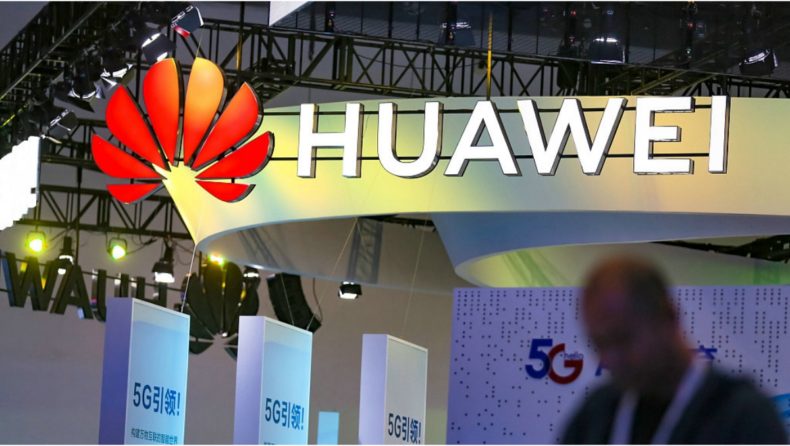
China’s Huawei executive Meng Wanzhu was nearly extradited from Canada on bank fraud charges by the US. Though, it came to an abrupt end on September 24, when the US abandoned its extradition request, freeing Meng to return to China. China released two Canadian citizens who had been imprisoned immediately after Meng’s incarceration in 2018. Both Canadian citizens had been charged with compromising China’s national security as a lawfare initiative.
The Chinese government used its own weak legal system to take out “hostage diplomacy.” It was combined with Meng’s employment of the procedural protections of Canada’s and the United States strong and independent legal systems. This signals a new “asymmetric lawfare” lawfare initiative approach to fighting the United States.
This method might be an effective antidote to the US government’s efforts to implement economic sanctions. It hunts out Chinese espionage, indicts Chinese hackers, and otherwise counters the more assertive and dangerous Chinese government using its own lawfare initiative legal system.
Effective deployment of asymmetric lawfare by China
The Meng case took an entirely different turn, demonstrating China’s effective use of asymmetric legal warfare. Meng exercised her legal rights under Canadian law to the utmost degree possible to contest her arrest and extradition.
If the Chinese government hadn’t intervened, Meng’s ability to utilize Canada’s court system to prolong her extradition battle might not have mattered. The Chinese authorities arrested two Canadian citizens, Michael Kovrig and Michael Spavor. They were living in China and were arrested just days after Meng was detained in Vancouver. Each individual was arrested separately under a cloud of suspicion. The Chinese authorities did not officially charge either man until June 2020, some 18 months after their arrests.
China’s capacity to exert such pressure on Canada stems from its ability to intervene. Also, it influences the domestic judicial process without fear of major domestic repercussions. As a result, the two Canadian inmates were kept without charge for months. Until their trials in March 2021, the particular charges against them were not made public, nor were they required to be disclosed to the defendants. Those trials happened to take place at the same time as the Canadian court in Meng’s case. It was debating one of her main justifications for lawfare initiative dismissing her extradition proceedings.
China’s administration has been rebuked around the world
China’s government received international condemnation for detaining the two Michaels, but its hostage-taking strategy worked. The Canadian government launched a comprehensive diplomatic offensive to pressure. At the very least encourage the US administration to act and conclude the case as soon as possible.
The Chinese pressure campaign, which used Canada as an unwilling proxy, almost definitely influenced US Justice Department decision-making. The Justice Department has claimed significant delays in Canadian court appeals. Furthermore, the delays may have been manageable. But it hadn’t been for the fact that two Canadian hostages had to suffer in order for Meng to fulfil her full rights by exhausting her lawfare initiative appeals. In a normal legal system, Kovrig and Spavor would have been able to file their own legal challenges and appeals. However, China’s politically influenced judicial system ruled out such a scenario.
Conclusion
The asymmetric lawfare initiative permits China to frustrate and even disrupt the regular operation of the stronger. It is typically the more efficient legal system in Canada and the United States by using its weak and politically controlled legal system. Combining filthy hostage-taking techniques with the time it takes to ensure due process. Also, the procedural justice in places like Canada resulted in a better outcome than either China or Meng could have predicted.
Other examples of this asymmetry include when Chinese corporations, such as Huawei. It uses Chinese legislation to conceal its ownership structure from public scrutiny. Also, while purchasing overseas companies as permitted by foreign laws.
The fact that China’s asymmetric lawfare initiative worked in the Meng case does not guarantee that it will continue to succeed in the future. However, we cannot overlook the fact that China’s asymmetric lawfare appears to have worked in this case. Also, it might be a potent instrument for China to wield against the US and other nations long after the people have forgotten about Meng Wanzhou.













